Crossing multiple time zones to reach Europe can leave even seasoned travelers feeling like they’ve been hit by a truck. Your internal clock is completely out of sync — you’re wide awake at 3 AM yet struggling to stay awake during that museum tour you’ve planned for months. The good news? Jet lag doesn’t have to ruin your European adventure.
Understanding how to work with your body’s natural rhythms rather than against them makes all the difference. Here are 15 practical tips for jet lag recovery when in Europe that’ll help you adjust faster and make the most of your trip.
Start Adjusting Before You Leave

Your jet lag recovery actually begins several days before you even board the plane. Gradually shifting your sleep schedule by 30 minutes to an hour each day leading up to your departure helps ease the transition considerably. If you’re traveling east to Europe, try going to bed earlier than usual — and waking up earlier too. This pre-adjustment gives your body a head start on adapting to the new time zone, making the actual change less jarring when you arrive.
Book a Morning Flight When Possible

Overnight flights that land in Europe during the morning work with your body’s natural tendency to wake up with daylight. You’ll arrive tired, yet at a time when locals are starting their day — making it easier to stay awake until a reasonable bedtime. These flights also mean you can sleep on the plane during what would normally be nighttime hours. Landing in the morning gives you a full day to expose yourself to natural light and begin the adjustment process immediately.
Avoid Heavy Meals Before and During the Flight

Large, rich meals make your digestive system work overtime when it should be resting — which can worsen jet lag symptoms significantly. Stick to lighter fare like salads, fruits, and lean proteins in the day before travel and during your flight. Your body will have an easier time adjusting to new meal times if it isn’t already struggling with heavy digestion. Think of it like asking your stomach to do jumping jacks while learning a new dance — it’s just too much at once.
Stay Hydrated Throughout Your Journey
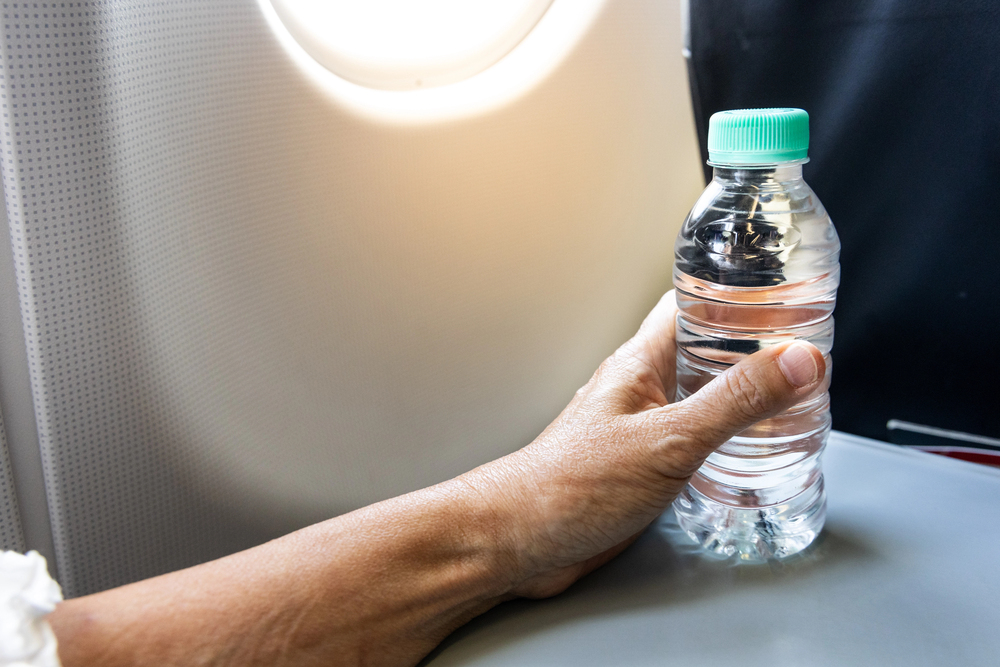
Airplane cabins are notoriously dry, and dehydration amplifies every uncomfortable aspect of jet lag. Drink water consistently before, during, and after your flight — aiming for about 8 ounces per hour while in the air. Avoid excessive caffeine and alcohol, as both can disrupt your sleep patterns and contribute to dehydration. Well-hydrated bodies recover from travel stress more quickly while adapting to new schedules with less resistance.
Set Your Watch to European Time Immediately
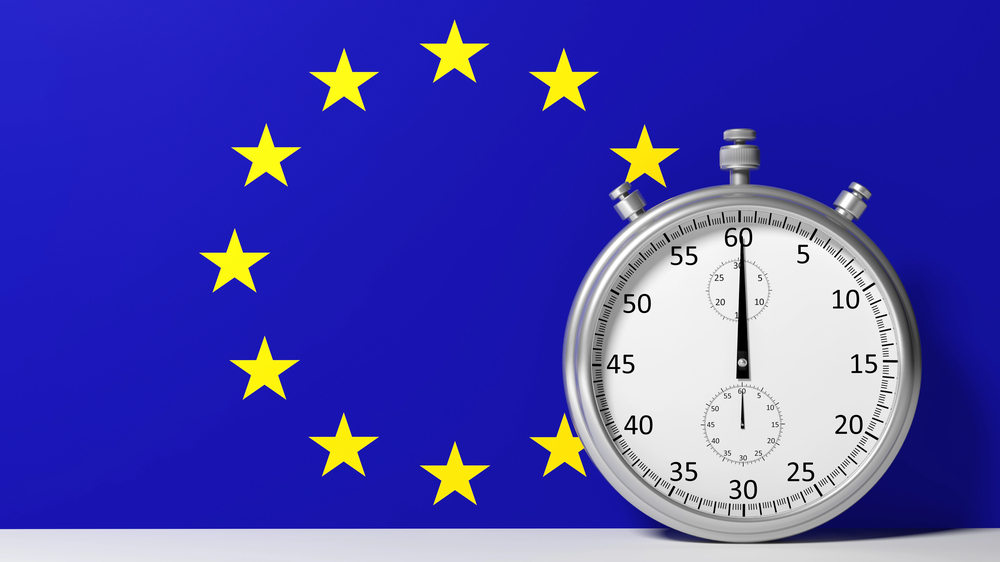
The moment you board your flight, switch your watch, phone, and any other timepieces to your destination’s time zone. This simple psychological trick helps your brain start accepting the new schedule right away — though it might feel strange at first. Begin thinking in terms of European time for all your activities: meals, sleep, and entertainment. It’s like giving your mind a preview of what’s coming, making the actual adjustment feel more natural when you arrive.
Get Sunlight Exposure as Soon as You Land

Natural light is your most powerful tool for resetting your internal clock — so head outside as soon as possible after landing in Europe. Sunlight signals to your brain that it’s time to be awake and alert, helping suppress melatonin production during daylight hours. Spend at least 20–30 minutes outdoors, whether it’s walking from the airport, sitting in a park, or simply standing on a hotel balcony. Even on cloudy European days, natural light is significantly brighter than indoor lighting while being more effective for jet lag recovery.
Stay Awake Until Local Bedtime

Fighting the urge to nap immediately upon arrival is crucial — even though you’ll feel exhausted beyond belief. Force yourself to stay awake until at least 9 or 10 PM local time, no matter how tired you feel. Taking a long nap in the afternoon will only reinforce your old time zone while making nighttime sleep more difficult. If you absolutely must rest, limit yourself to a 20-minute power nap before 3 PM local time — and set multiple alarms.
Take a Strategic Power Nap if Needed

Sometimes the exhaustion becomes so overwhelming that staying awake turns counterproductive, even unsafe. In these cases, a very short nap of 15-20 minutes can provide enough energy to make it through the rest of the day successfully. Set multiple alarms and have someone wake you if possible — longer naps will sabotage your nighttime sleep. Think of this as a tactical retreat rather than surrender; sometimes, a small step back helps you make bigger progress forward.
Use Melatonin Wisely

Melatonin can be helpful for resetting your sleep cycle, though timing is everything when it comes to effectiveness. Take a low dose (0.5-3mg) about 30 minutes before your desired European bedtime for the first few nights — but don’t overdo it. Avoid taking melatonin during daylight hours, as this can confuse your internal clock further. Consult with a healthcare provider before using melatonin, especially if you take other medications or have underlying health conditions that might interact.
Eat Meals at Local Times

Your digestive system is closely linked to your circadian rhythm — so eating at European meal times helps signal to your body what time it should be. Force yourself to eat breakfast, lunch, and dinner according to local schedules, even if you aren’t particularly hungry at first. This might mean eating lunch when your body thinks it’s breakfast time, though consistency with local meal times speeds up the adjustment process significantly. Your stomach will eventually catch up while starting to expect food at the right European times.
Stay Active During Daylight Hours

DepositPhotos
Light exercise and movement during European daylight hours help reinforce to your body that it’s time to be awake and alert. Take walks around your hotel neighborhood, do some stretching, or explore local attractions on foot. Physical activity also helps combat the sluggish feeling that comes with jet lag while improving your overall energy levels. You don’t need to run a marathon though — even gentle movement like window shopping or leisurely sightseeing counts as beneficial activity.
Avoid Screens Before European Bedtime

The blue light from phones, tablets, and laptops can interfere with your body’s natural melatonin production. This makes it harder to fall asleep at the appropriate European bedtime. Put away electronic devices at least an hour before you want to sleep, and consider using blue light filtering glasses if you must use screens. Instead of scrolling through social media, try reading a book, doing gentle stretches, or planning the next day’s activities with pen and paper. Creating a screen-free wind-down routine signals to your brain that sleep time is approaching.
Keep Your Hotel Room Cool and Dark
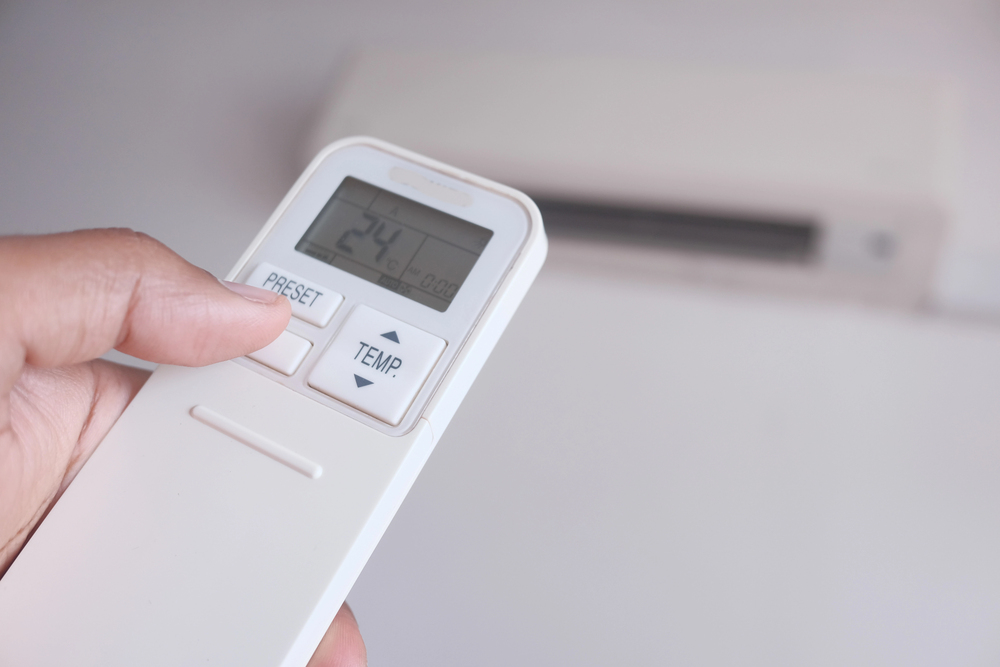
European hotels sometimes have different standards for air conditioning and window coverings than what you might be used to at home. Request a room away from street noise and invest in a good eye mask and earplugs if needed. A cool room temperature between 65-68°F helps promote better sleep, so don’t hesitate to adjust the thermostat or open windows if the weather permits. Darkness is crucial for melatonin production, yet many travelers overlook blocking out light sources that might trick their brain into thinking it’s still daytime.
Limit Caffeine After 2 PM Local Time

While that afternoon espresso might seem tempting when you’re fighting jet lag fatigue, caffeine stays in your system for 6–8 hours. This can seriously disrupt nighttime sleep patterns. Enjoy your European coffee culture in the morning and early afternoon, but switch to herbal tea or water later in the day. Remember that chocolate, some sodas, and certain medications also contain caffeine, so read labels carefully. Your sleep quality will improve dramatically when you’re not fighting both jet lag and caffeine stimulation at bedtime.
Be Patient With the Process
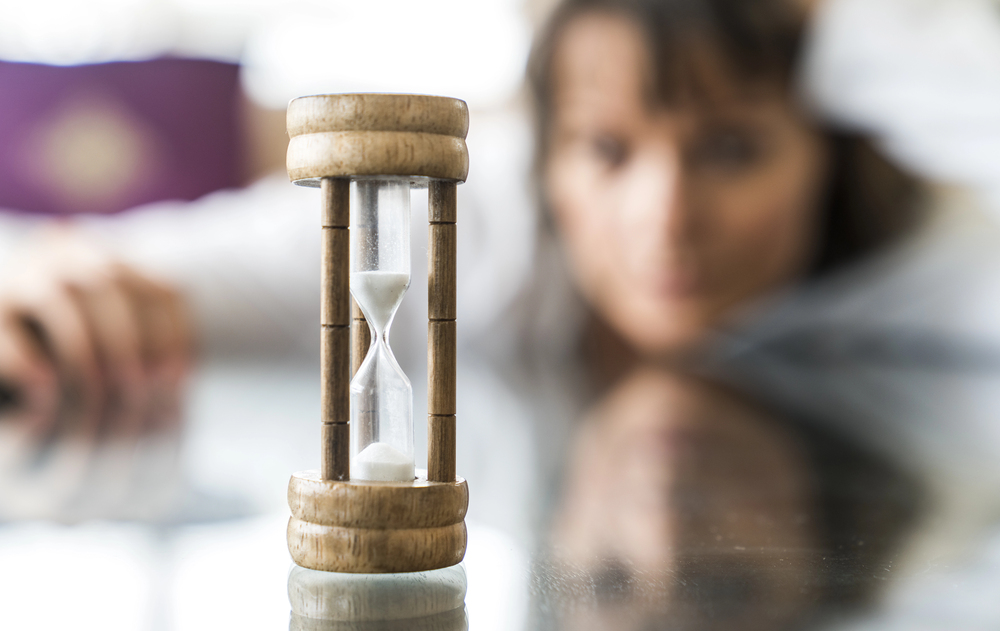
Jet lag recovery typically takes about one day per time zone crossed. Give yourself realistic expectations for adjustment when traveling to Europe from North America. You might feel significantly better by day three or four, though don’t be discouraged if you still experience some fatigue or sleep disruption for up to a week. Everyone’s body responds differently to time zone changes, and factors like age, overall health, and travel experience all play a role. Accept that you might not feel 100% for the first few days, while planning accordingly with a lighter schedule if possible.
The European Advantage
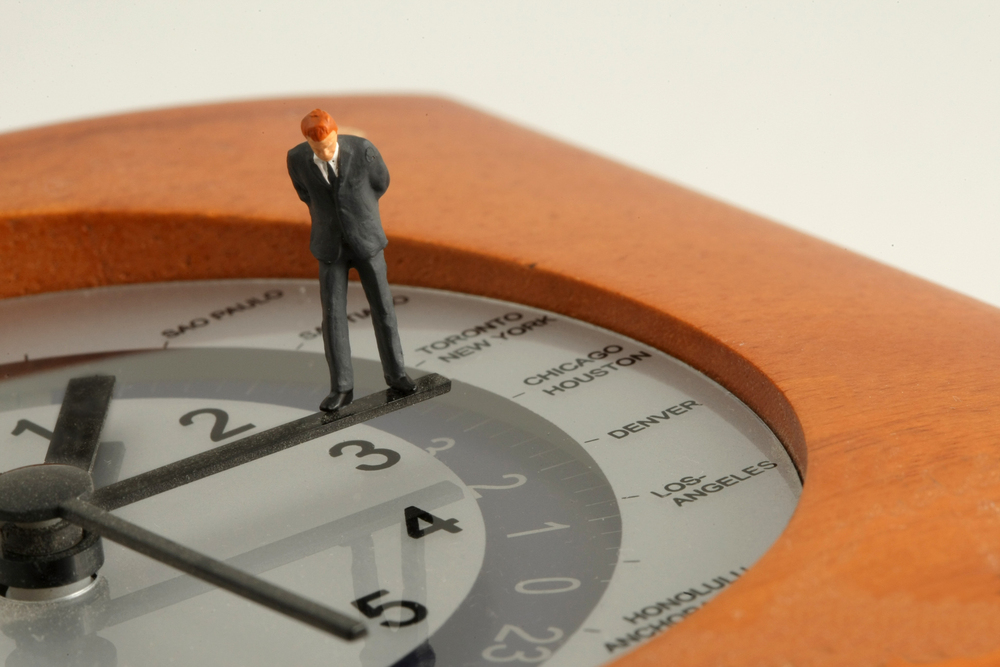
Recovering from jet lag in Europe becomes much easier once you understand that your body wants to sync with local rhythms, not fight against them. The key lies in working with natural light, consistent meal times, and strategic rest rather than trying to force your old schedule onto a new continent. These adjustment strategies become second nature with practice, and many travelers find that each subsequent trip to Europe becomes easier as their bodies learn to adapt more quickly. The temporary discomfort of jet lag is a small price to pay for the incredible experiences waiting for you across the Atlantic.
More from Travel Pug

- 20 Best Beach Towns in the Carolinas
- 13 Destinations Where Tourists Regularly Regret Their Trip
- 20 Things You Actually Get in First Class
- 20 Small Airports With Aviation Museums
- 20 Places in the U.S. That Are Perfect for a Reset Trip
Like Travel Pug’s content? Follow us on MSN.
